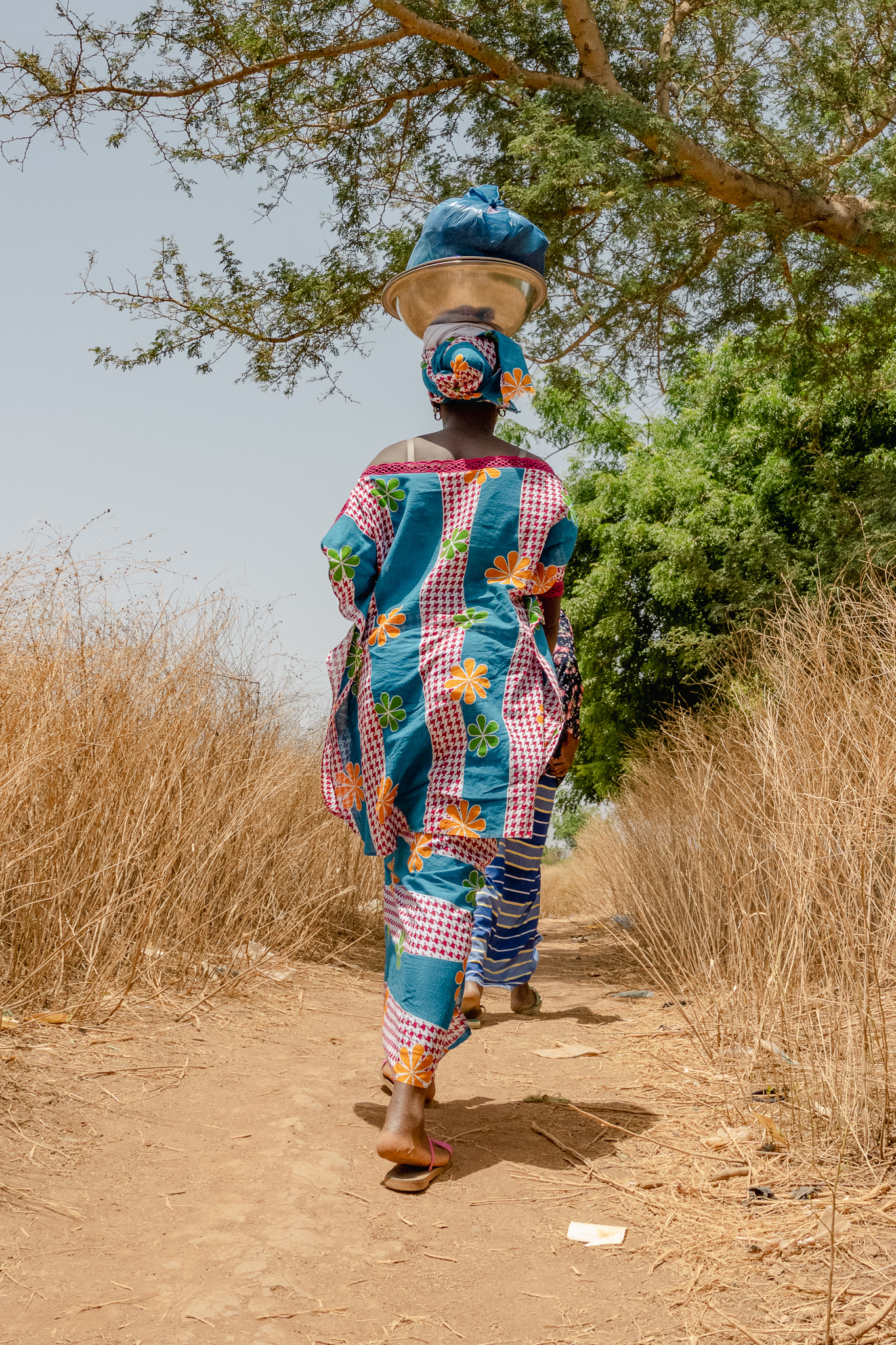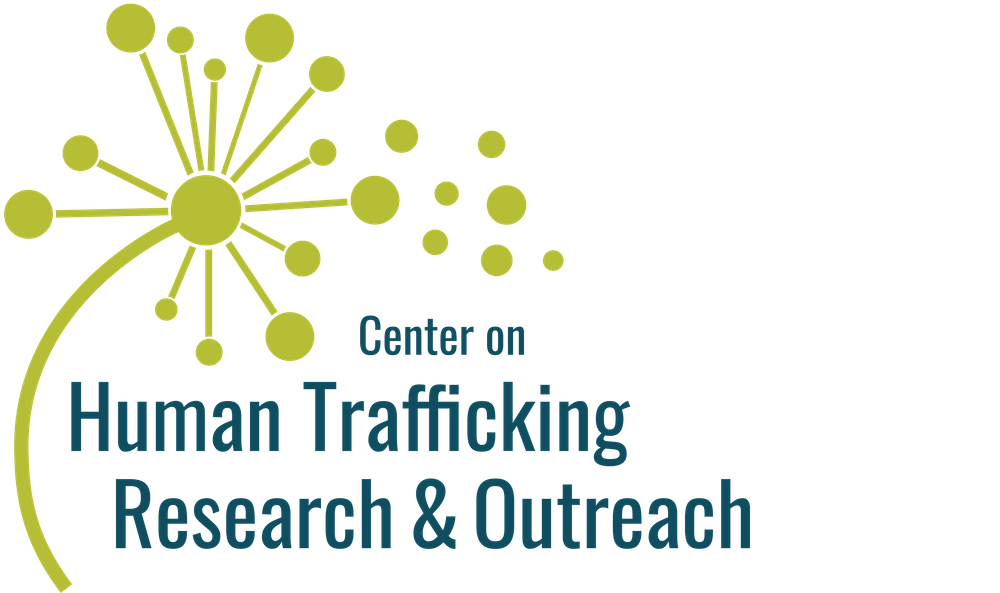 |
|
|
In the gold mining communities of Kédougou, girls and young women from across West Africa are experiencing sex trafficking. They left their homes in search of good jobs abroad, but were instead forced to participate in commercial sex. As we work to reduce the prevalence of this exploitation in Senegal, CenHTRO emphasizes survivor care in its response. From identification and removal from a trafficking situation, to reintegration and return, our partnership with Free the Slaves guides survivors on a sustainable path to healing and, in some cases, back home. The journey often begins with community vigilance committees, who are trained through our program to help identify survivors of sex trafficking and collaborate with law enforcement to remove them from their exploitative situations. |
 |
|
Survivors are then placed in a rehabilitation center operated by La Lumière, where they receive gender-sensitive and trauma-informed care and psychosocial services as part of their recovery. At the shelter, survivors also receive legal assistance through a partnership with the Association of Senegalese Jurists (AJS). They are helped, if they so choose, to pursue justice through the appropriate judicial system. As the majority of survivors helped through our programs have come from other countries,
usually Nigeria, survivors can then decide to participate in an assisted voluntary
return to their home country. Of the 163 survivors served so far, 83 have selected
this option. Survivors receive extended rehabilitation care through a partnership developed with Emmanuel World Children Foundation in Nigeria, and they participate in life and financial skills workshops. Vocational training, general education, and income-generating opportunities are made available to them, and many survivors have benefitted from these programs. One survivor now sells footwear. She was supported to rent a shop, and later, a vendor
was engaged to supply footwear, furniture, electronics, and other materials for sale.
Her business continues to expand. Other survivors have been trained in trades, like
cosmetology and the culinary arts. Overall, survivors are becoming less vulnerable
to trafficking and, going forward, our partners are maintaining connection and communication
to ensure their journey’s progress. |
|
